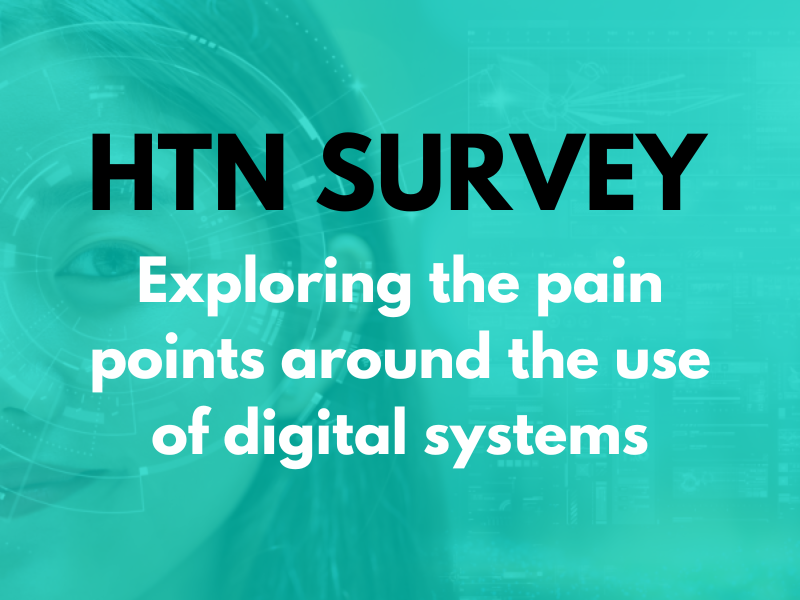Dr Elizabeth Murphy (senior research clinical psychologist) and Kate Kelly (gameChange peer support worker) at Greater Manchester Mental Health NHS Foundation Trust discuss the role of virtual reality in treating mental health.
However, until recently, this was always on a small scale, as VR was used alongside in-person therapy. With recent advances in technology, this is changing and it is now possible for a virtual therapist to be built in. This means that treatment does not necessarily need to be overseen by a specialist therapist.
At Greater Manchester Mental Health NHS Foundation Trust (GMMH), we are currently delivering gameChange VR therapy to people with psychosis through five mental health teams across Manchester. This rollout builds on the results of a randomised control trial (RCT), published in the Lancet Psychiatry (Freeman et al, 2022), which involved 346 participants across nine NHS trusts, was delivered in collaboration with the University of Oxford and its spinout company, Oxford VR.
The RCT found that VR therapy could reduce symptoms of agoraphobia and distress in everyday situations compared with usual care alone. We are now investigating how the technology can be used as part of our routine clinical services.
Many people with psychosis suffer debilitating levels of agoraphobia, and it is common for everyday situations such as getting a bus or going to the shop to induce extreme stress and anxiety. As such, they often struggle to leave their homes.
Using the gameChange headsets, our service users can try out everyday situations through digital simulations from the comfort of their home. During the VR sessions, they’re guided by a virtual therapist who helps them practice being in everyday situations, such as at a café, a shop, or a doctor’s surgery. In this way, people who experience severe anxiety and distress at the thought of leaving the house are able to access therapy without having to leave the house and go into a clinic.
The therapy is based on Cognitive Behavioural Therapy (CBT) and works by reducing anxious thoughts and feelings that patients have about the simulated situations. As patients progress through the therapy, which is typically delivered over six sessions, they gradually encounter more complex tasks. Throughout the sessions, the virtual therapist prompts patients to practise noticing their thoughts, feelings and defences, replacing them with more positive beliefs and behaviours. Following the VR therapy, service users are then supported by a wide range of staff to apply this learning in real world situations. The result is that people who were previously paralysed by their fears and unable to leave their homes on their own, are able to take part in everyday activities that they had previously found unthinkable.
One of the key ingredients for success for technology like gameChange is involving people with lived experience throughout the development of the technology, through to the delivery of the therapy. With gameChange, the different scenarios within the headset were co-designed by a Lived Experience Advisory Panel, comprised of people with personal experience of psychosis. Similarly, peer support workers who have experienced psychosis themselves, work with people who are undergoing VR therapy to help them apply their learnings in the real world. Peer support workers offer a role model for recovery, and this combined with the virtual therapist, can help create meaningful change for people who may be unable to access in-person therapy.
VR offers tremendous promise and technology like gameChange has the potential to have huge benefits in the lives of service users experiencing extreme distress in managing everyday situations. By automating certain aspects of mental health treatment, VR could also help treat more patients more quickly, as well as provide greater choice for patients. While we’re still some way off technology like gameChange being available in mental health services as standard, we hope this is going to change soon, and that we will see VR therapy being more widely available across GMMH and beyond.





